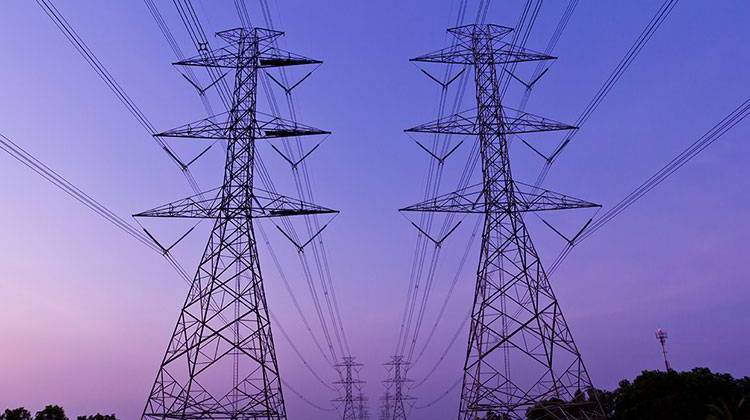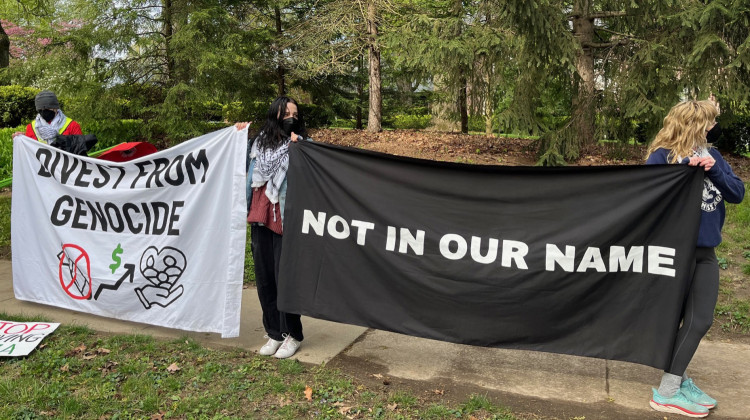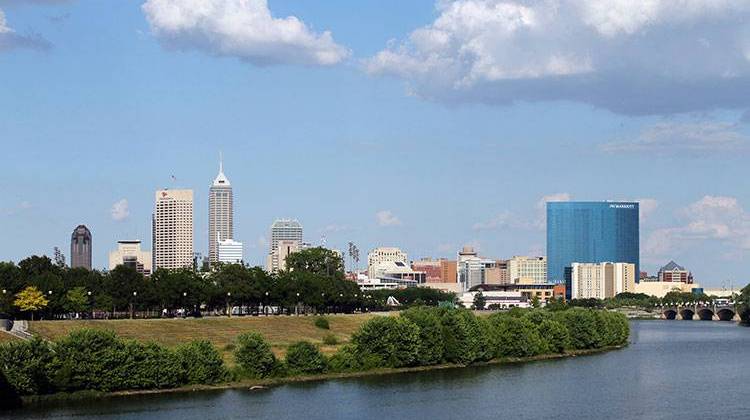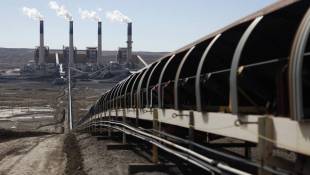Gov. Mike Pence said a proposed EPA clean energy rule will be “devastating” to Indiana’s economies, Hoosier families and jobs.
The U.S. Environmental Protection Agency plan calls for states to reduce carbon emissions from existing power plants by 30 percent from 2005 levels by 2030.
Pence called the plan an “anti-coal agenda” and pledged to fight it.
“They will cost us in higher electricity rates, in lost jobs, and in lost business growth due to a lack of affordable, reliable electricity,” he said. “Indiana will oppose these regulations using every means available.”
EPA officials say the rule will “protect public health, move the United States toward a cleaner environment and fight climate change while supplying Americans with reliable and affordable power.”
“By leveraging cleaner energy sources and cutting energy waste, this plan will clean the air we breathe while helping slow climate change so we can leave a safe and healthy future for our kids,” EPA Administrator Gina McCarthy said in a statement. “We don’t have to choose between a healthy economy and a healthy environment – our action will sharpen America’s competitive edge, spur innovation, and create jobs.”
Also, federal officials say the rule could save up to $93 billion in climate and public health benefits by avoiding 6,600 premature deaths, 150,000 asthma attacks in children, and 490,000 missed days of work and school.
A statement from the White House said that 9.1 percent of Indiana’s adult population currently suffers from asthma.
“I’m reminded daily of the growing threats to Hoosiers’ heart and lung health and risks of lung cancer from air pollutants. Our medical and environmental scientists have shown us the problems, and recommended viable solutions,” said Dr. Steve Jay, an Indianapolis physician specializing in the treatment of lung and respiratory disease. “Now it’s time we act to ensure a safe and healthy future for our young people.”
But Bruce Stevens, president of the Indiana Coal Council, said the proposed rule will hurt Indiana’s manufacturing sector, which depends on power supplied by coal.
“It’s a rule that – if it holds true to what we anticipate – will provide for a more expensive and less reliable energy portfolio,” Stevens said.
Indiana has one of the nation’s least diverse power supplies, with 80 percent of its electricity the product of coal-fired plants. Forcing cuts in emissions from those plants will increase the cost of power and therefore the cost of doing business in the state, Stevens said.
Indiana already decreased carbon emissions 10 percent from the power sector from 2008-2011.
“The state is so carbon intensive,” said Jesse Kharbanda,executive director of the Hoosier Environmental Council “There are a lot of low hanging fruits that Indiana could tap into to reduce its carbon footprint.”
Indiana is the most carbon intensive state in the Midwest and top five in the U.S., federal officials said.
Kharbanda said the Hoosier Environmental Council is “troubled” that Pence is against “the opportunity to accelerate positive change in Indiana’s electricity market.”
“This is a nationwide policy, so that’s important,” Kharbanda said. “I think it’s important for the public to be aware that states have 15 years to comply to this plan. And the overall reduction of 30 percent is realistic, it allows Indiana to use commercially available technology to cut carbon.”
Each state is responsible to find the best way to reduce carbon pollution under the EPA’s plan.
Kharabanda said the most important option Indiana could pursue is to invest in energy efficiency of buildings and factories. He said that could significantly reduce Indiana’s energy usage, lowering electric costs.
He suggested boosting solar energy, implementing regulatory barriers, and using combined heat and power – a technology that is primarily found in factories that converts heat waste to energy – as possible options for the state.
“We urge our state leaders to put politics aside and develop a common-sense plan built on energy efficiency, clean energy and support for working families and communities,” said Steve Francis, chair of the Sierra Club Hoosier Chapter. “The things we love most about Indiana, our homes and the health of our families are at risk. The time to act is now.”
Paige Clark is a reporter for TheStatehouseFile.com, a news website powered by Franklin College journalism students.
 DONATE
DONATE







 View More Programs
View More Programs


 Support WFYI. We can't do it without you.
Support WFYI. We can't do it without you.